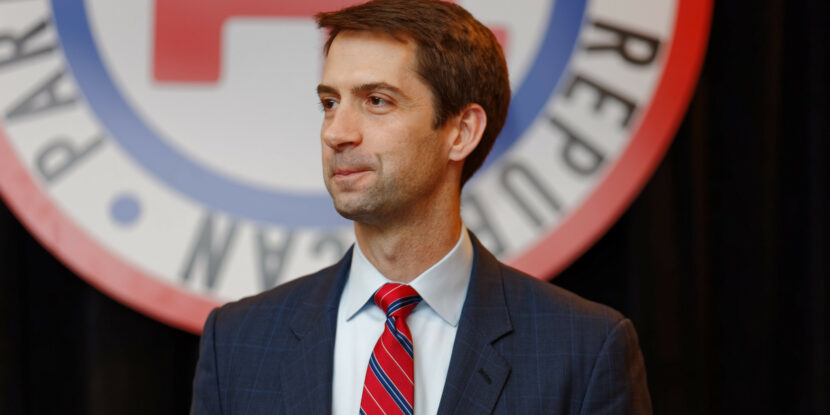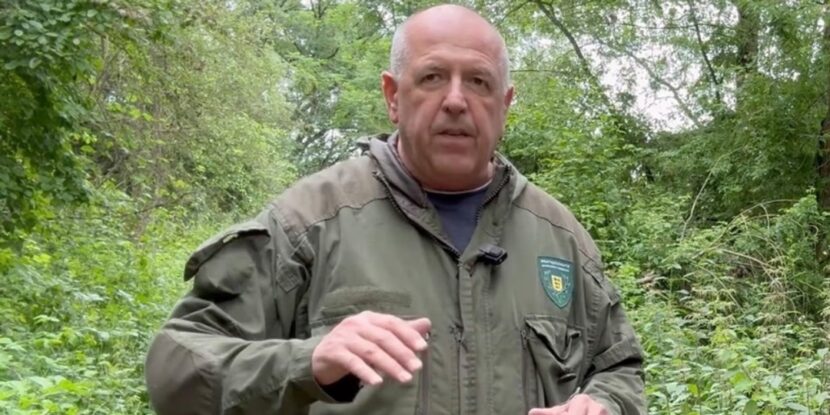For the first time, non-citizen residents of Washington, D.C., went to the polls to help determine the city’s leadership. Over 500 noncitizens registered to vote, and almost none backed Republican candidates.
Just 5.35 percent of the new noncitizens registered in the nation’s capital as Republicans. Meanwhile, 59.27 percent of the noncitizen voters registered with the Democratic Party. However, the numbers for Democratic support are likely higher as another 32.31 percent of the voter demographic filed Independent registrations—which tend to break for Democrats in the city’s elections—and another 3.06 percent of noncitizen voters identified with the Statehood Green Party.
The National Pulse has reported extensively on the rise of noncitizen voting. While it is technically legal for city governments to allow noncitizens voting rights in municipal elections, the voting policy raises concerns about these voters being illicitly permitted to participate in state and federal races.
Noncitizens have been shown to have illegally voted in state and federal elections in several states, including Pennsylvania and North Carolina. In the latter, federal prosecutors uncovered evidence that local election officials were more likely to look the other way when a noncitizen registered to vote when said registration was as a member of the Democrat Party. The data produced by federal prosecutors suggests noncitizen voters are three times more likely to vote Democrat than Republican.
Meanwhile, in South Carolina, the state’s Medicaid administrator was found to be sending voter registration information to noncitizens who applied for government assistance. When asked why this was happening, state officials pointed to changes in federal law under the Biden government, which requires any state agency that manages federal funds to send election and voter registration documents to government assistance applicants.
show less









